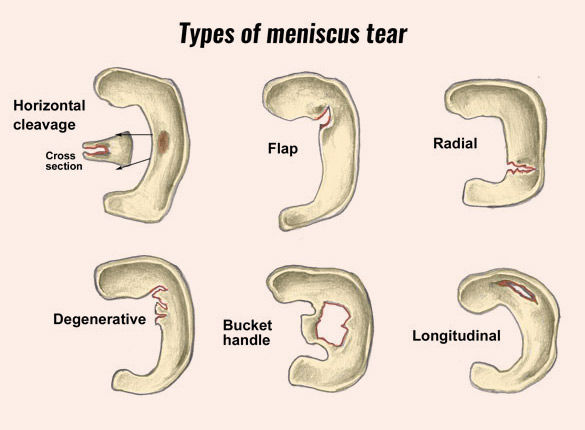Difference Between Volume-Based and Flow-Based Incentive Spirometers.
- PHYSIO 360

- Nov 24, 2025
- 3 min read

INTRODUCTION.
A Complete Guide by Physio360 – Chennai’s Trusted Respiratory Rehabilitation Centre
Incentive spirometers play a crucial role in respiratory therapy, post-surgical care, and pulmonary rehabilitation. They help improve lung expansion, oxygenation, and overall cardiorespiratory wellness. At Physio360, we commonly use two types of incentive spirometers:
Volume-Based Incentive Spirometer
Flow-Based Incentive Spirometer
Although both devices aim to improve lung function, they differ in how they work, what they measure, and which patients benefit the most.
This blog explains their differences in a simple, clinically accurate format.

1. What Is a Volume-Based Incentive Spirometer?
A Volume-Based Incentive Spirometer (VIS) measures the actual volume of air a patient inhales during deep breathing.
How it Works:
Patient inhales slowly and deeply through the mouthpiece.
A piston rises inside the chamber.
The numerical scale shows the exact amount of air (in millilitres) the patient inspired.
What It Measures:
Inspiratory Volume (ml or L)
Clinical Use at Physio360:
Physiotherapists prefer VIS for:
Post-operative patients
Lung expansion therapy
Patients recovering from pneumonia, atelectasis, or long bed rest
Those needing controlled, slow inhalation

2. What Is a Flow-Based Incentive Spirometer?
A Flow-Based Incentive Spirometer (FIS) measures the speed of inhalation, not the volume.
How it Works:
Patient inhales air rapidly.
Light plastic balls rise depending on the flow rate.
The more balls that rise, the stronger the inspiratory effort.
What It Measures:
✔ Inspiratory Flow Rate (L/min)
Clinical Use at Physio360:
Physiotherapists use FIS for:
Inspiratory muscle training
Improving breath strength
Strengthening diaphragm & intercostals
Athletes requiring a stronger inhalation flow
COPD patients needing airway clearance stimulation
3. Key Differences Between Volume-Based & Flow-Based Spirometers
Feature | Volume-Based Spirometer | Flow-Based Spirometer |
Measures | Volume of air (ml/L) | Flow rate (L/min) |
Breathing Type | Slow, deep inhale | Faster inhale |
Purpose | Lung expansion | Inspiratory strength |
Graphic Display | Rising piston | Rising balls |
Used For | Post-surgery, atelectasis, pneumonia | Muscle training, COPD, fitness |
Precision | More accurate | Less accurate for volume |
Efficiency | Encourages diaphragm breathing | Encourages stronger inhalation |
4. Which One Is Better?
Both devices have unique benefits, and the choice depends on the patient’s condition.
🔹 Choose Volume-Based Spirometer if:
Patient is post-surgery (CABG, abdominal, lung)
Shallow breathing
Atelectasis risk
Low lung expansion
Elderly patients
🔹 Choose Flow-Based Spirometer if:
Patient needs inspiratory muscle strengthening
COPD / restrictive lung disease
Athlete training
Improving airway clearance
At Physio360, both devices are used based on individual assessment to optimise recovery.
5. How Physio360 Uses Incentive Spirometers for Best Results
Our respiratory physiotherapists combine incentive spirometry with:
✔ Deep breathing exercises
✔ Segmental breathing
✔ Chest expansion therapy
✔ Diaphragmatic breathing
✔ Inspiratory muscle training
✔ Postural correction
✔ Pulmonary rehabilitation techniques
This integrated approach ensures maximum lung expansion, better oxygenation, and faster recovery for patients.
Conclusion: Volume-Based vs Flow-Based Incentive Spirometers
Both devices improve breathing but serve different therapeutic goals.
Use a Volume-Based Spirometer for controlled lung expansion.
Use a Flow-Based Spirometer for inspiratory strength and airflow improvement.
Physio360 in Chennai uses both tools strategically to support patient recovery in conditions like post-surgical rehab, COPD, pneumonia, asthma, and cardio-respiratory wellness.
Need Expert Respiratory Therapy?
Visit Physio360 – Chennai**
At Physio360, we provide advanced:
Pulmonary rehabilitation
Post-surgical breathing training
Incentive spirometer guidance
COPD & asthma rehab
Cardiorespiratory physiotherapy
Home exercise programs
For appointments or customised breathing plans, you can ask me to create a poster, leaflet, or GMB-ready content too.
RESEARCH AND REFERENCE ARTICLE:
1.Comparison of Flow and Volume Incentive Spirometry on Pulmonary Function and Exercise Tolerance in Open Abdominal Surgery: A Randomized Clinical Trialhttps://pmc.ncbi.nlm.nih.gov/articles/PMC4740618/.




Comments